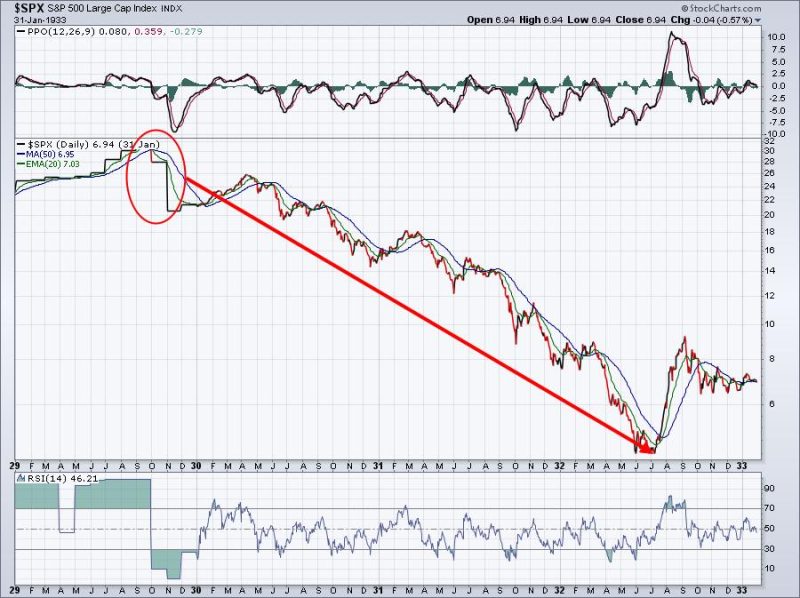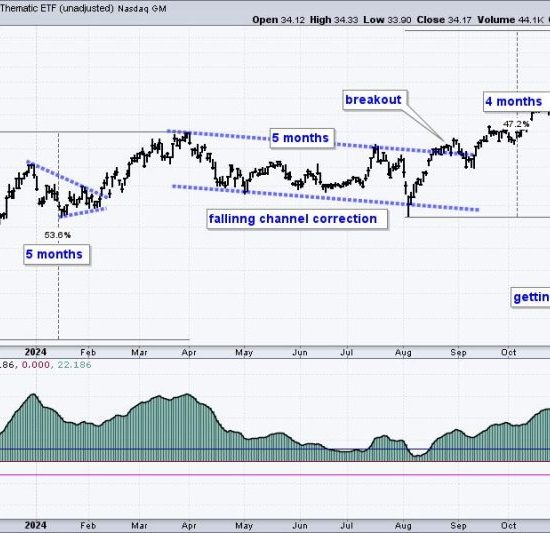Historically, October has been a turbulent month for the US stock market, with severe crashes happening in 1929, 1987, and 2008. Each crash was triggered by a different set of variables influencing the economic environment at the time. Hence, it’s crucial to keep an eye on various factors that could potentially lead to another significant drop in the stock market.
Firstly, high inflation continues to be a significant concern for the U.S. economy. The Federal Reserve’s decision to keep interest rates near zero for an extended period has led to a spike in consumer prices, subsequently affecting purchasing power. If inflation remains uncontrolled, it could lead to a slowdown in consumer spending, which accounts for approximately 70% of U.S. GDP, and consequently negatively impact the stock market.
Another potential trigger could be a misstep in terms of the Federal Reserve’s fiscal policy. For instance, the Federal Reserve may decide to taper its bond purchases or increase interest rates prematurely. Such moves could affect the scales of liquidity in the market, causing a steep fall in prices and prompting a market crash.
Thirdly, geopolitical tensions can also affect the U.S. stock market. If domestic or international political issues escalate, they can stir up uncertainty and panic among investors. Furthermore, armed conflicts could disrupt global supply chains, consequently pressuring the stock market.
The ongoing COVID-19 pandemic is another wild card. If new variants of the virus emerge and result in more stringent lockdown measures, it could cause significant economic disruptions and consequently have a detrimental effect on the stock market.
Another factor that investors need to monitor is corporate earnings. If corporate earnings start to disappoint, it could lead to a sell-off in the market. The high valuation of certain sectors, particularly tech stocks, makes the market vulnerable to sharp corrections if earnings projections are not met.
Lastly, the current debt ceiling crisis provides a potent trigger for a stock market crash. As the U.S. nears its borrowing limit, if Congress doesn’t find a solution, it may lead to a default on U.S. government debt, which would dramatically impact the stock market.
In a nutshell, while it’s impossible to predict with certainty whether a U.S. stock market crash will occur in October, numerous variables could potentially trigger a significant downturn. Therefore, investors should stay informed about these potential risk factors and be prepared to adjust their portfolios if necessary. It’s also important to maintain a diversified portfolio to mitigate risk during such uncertain periods.




